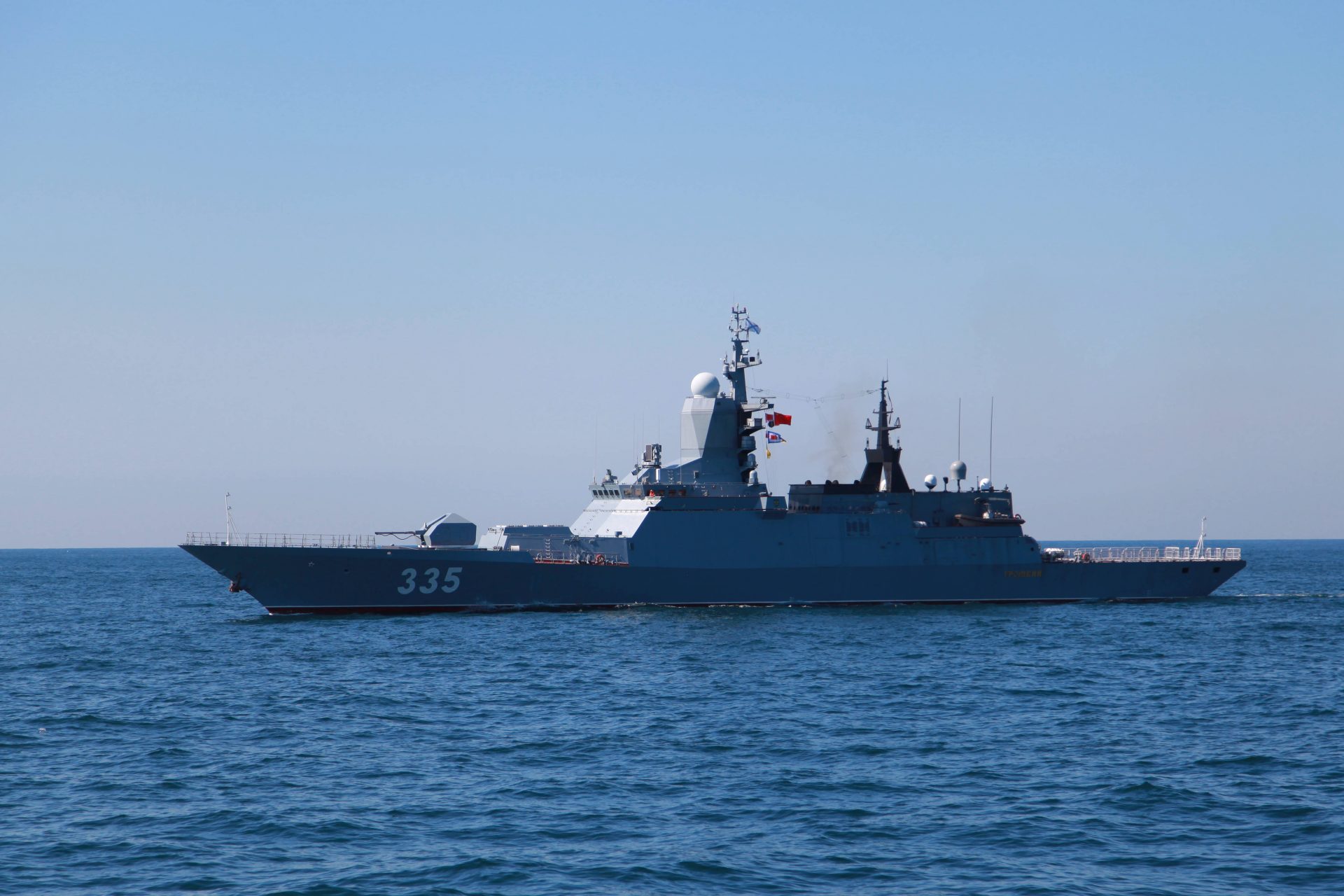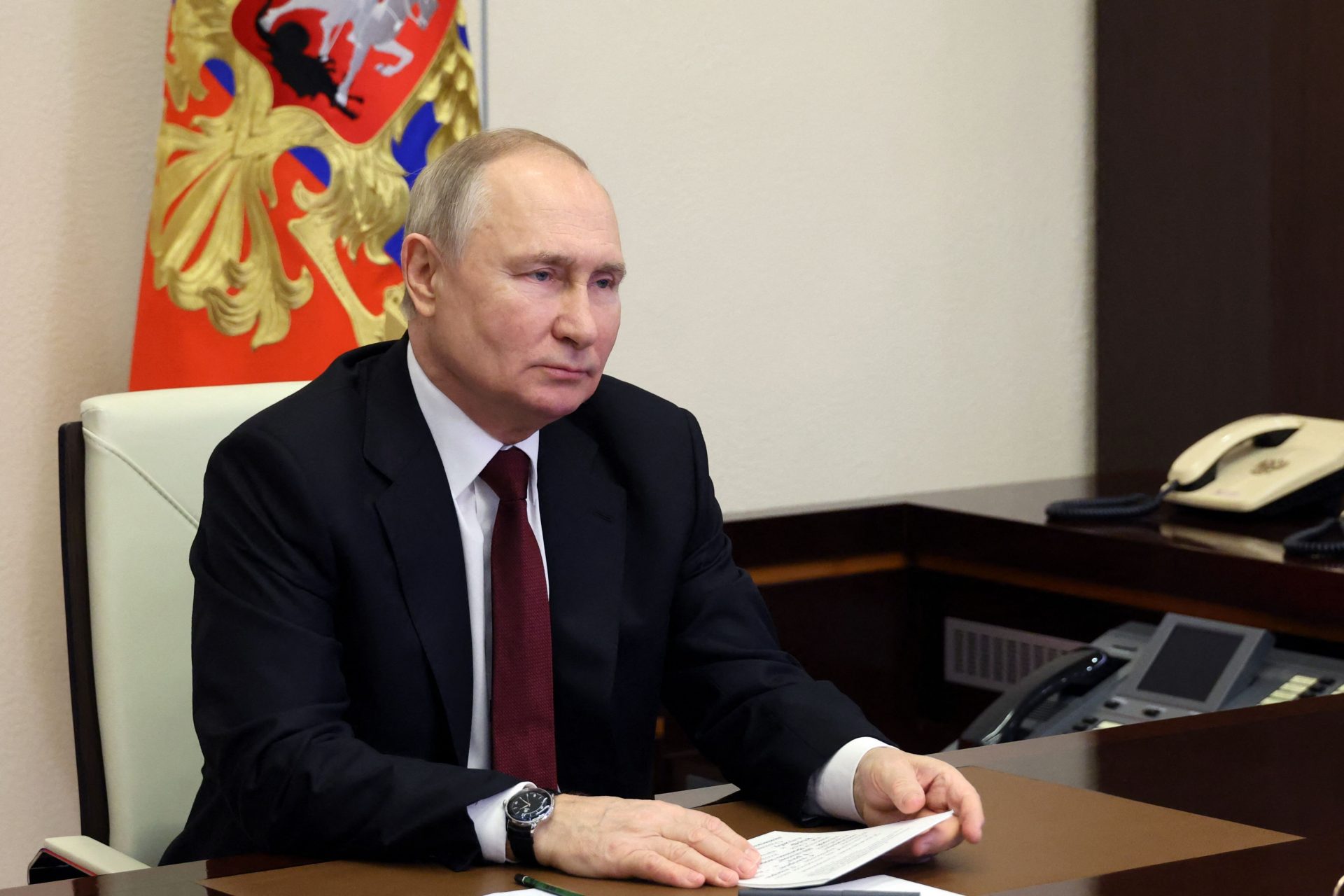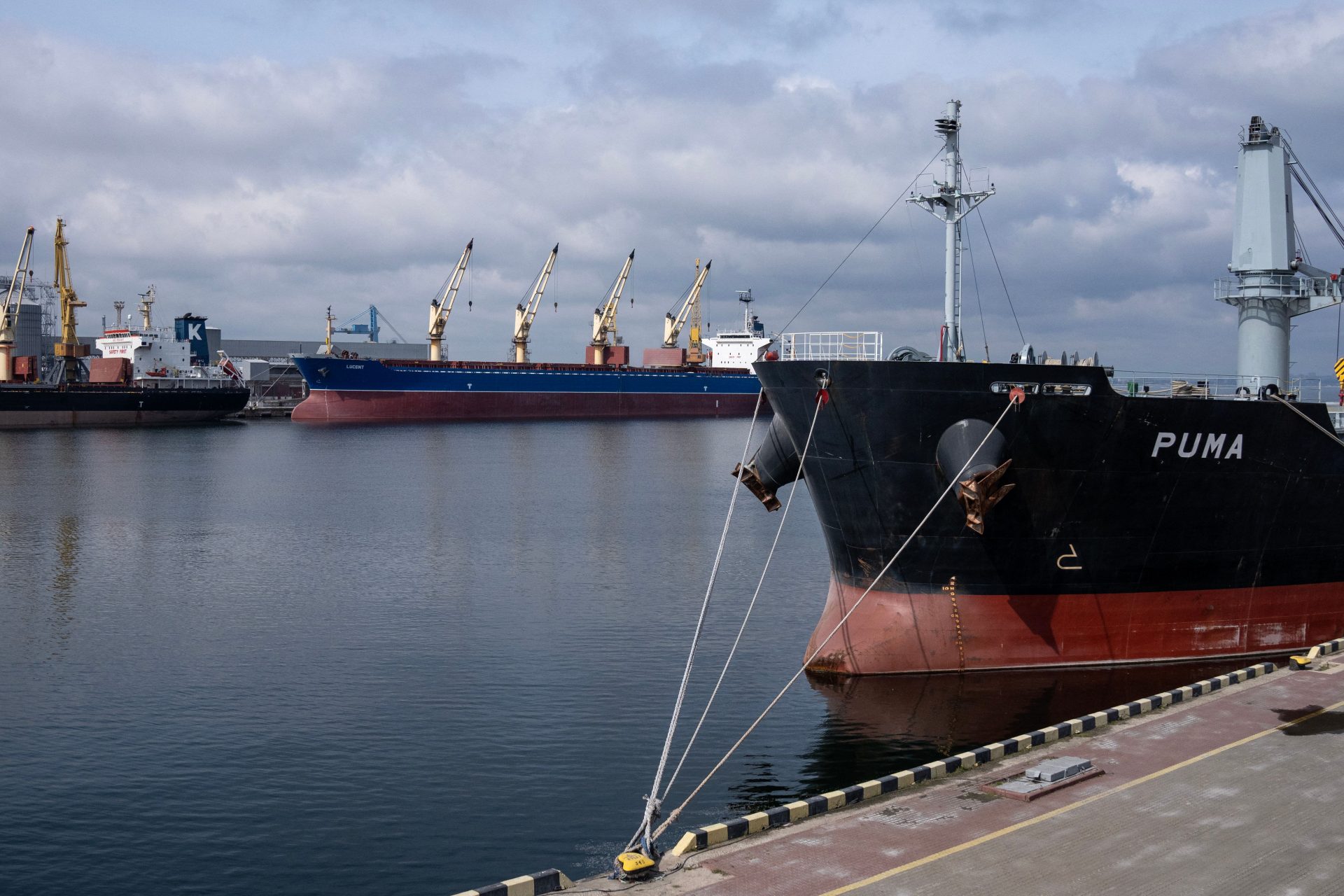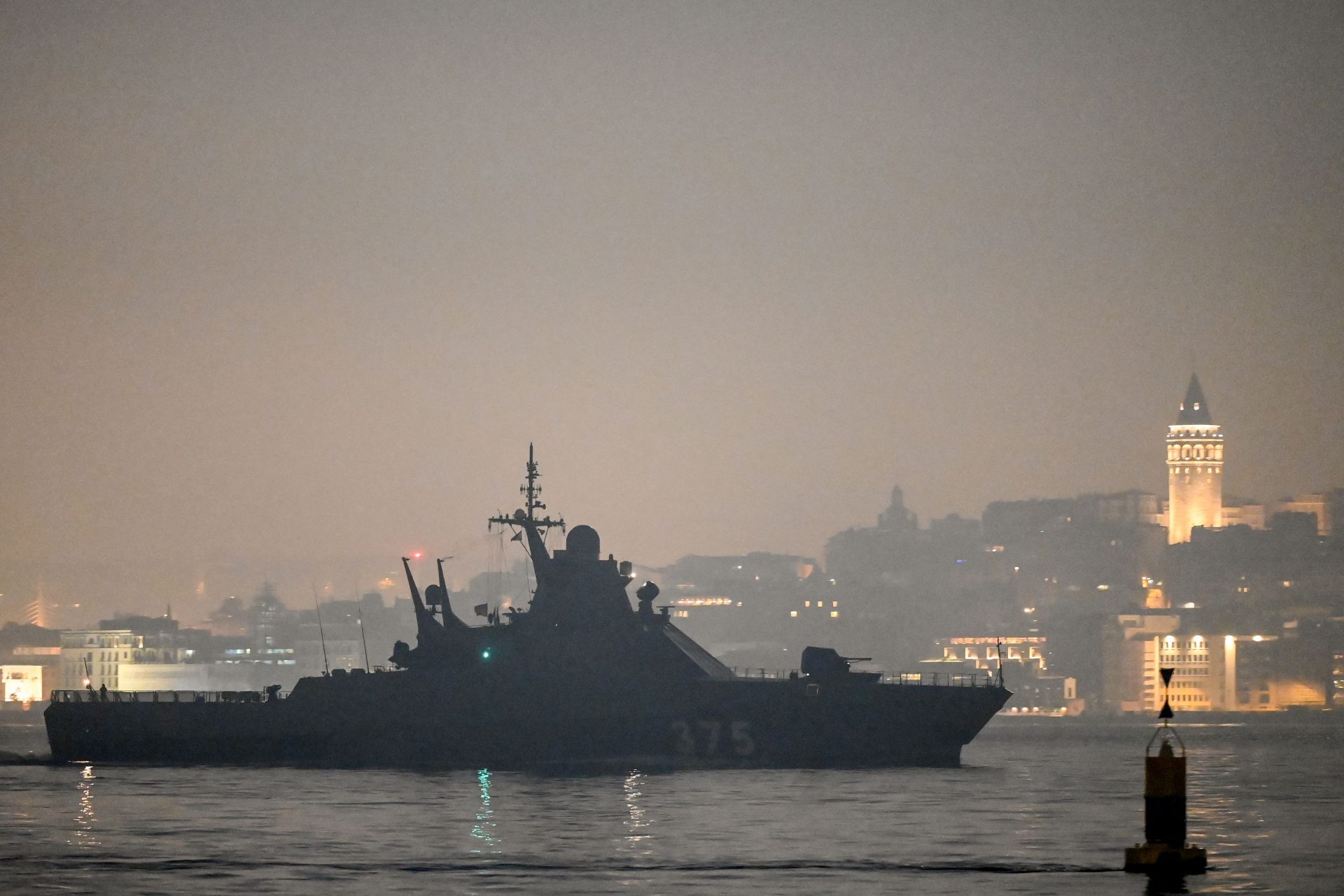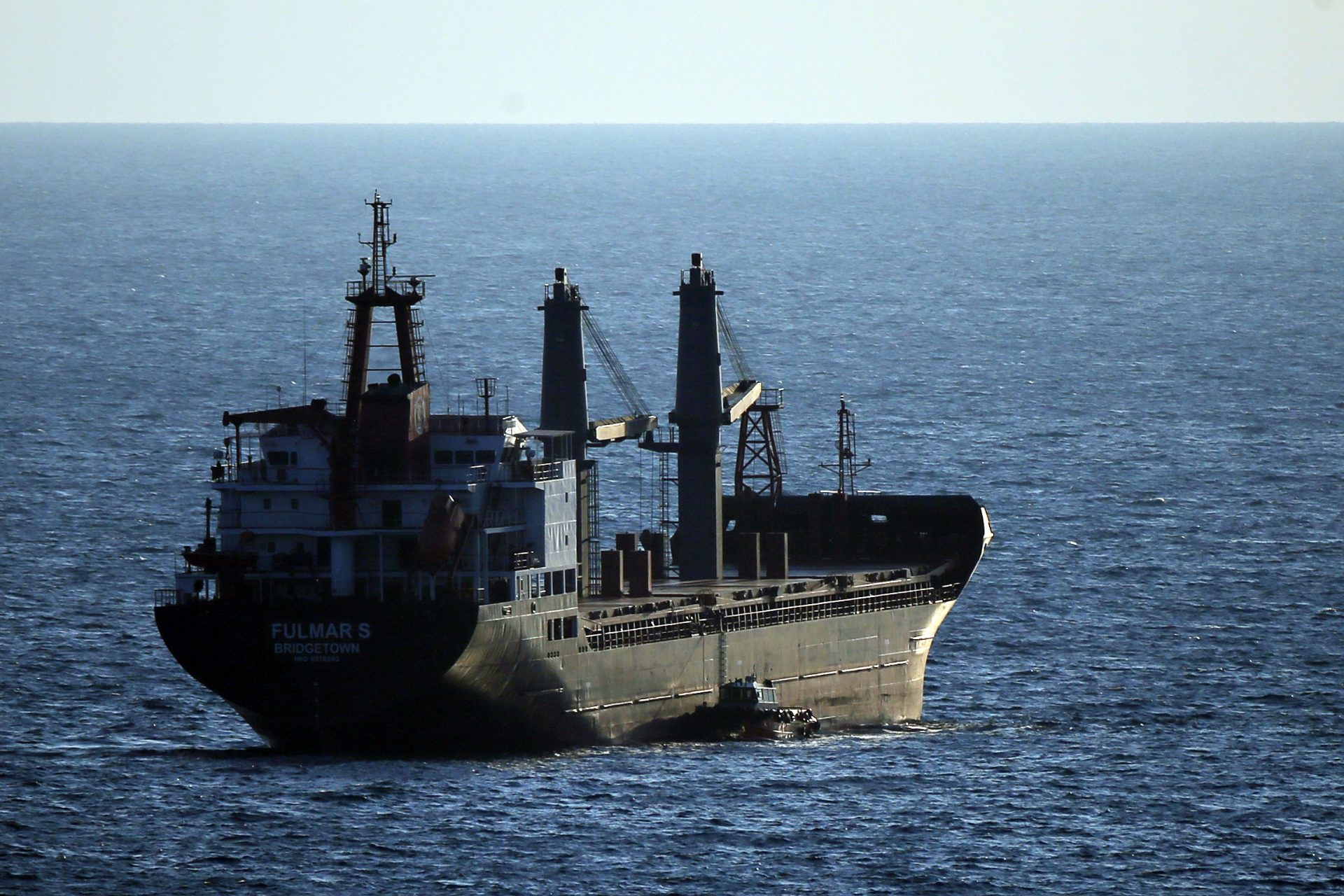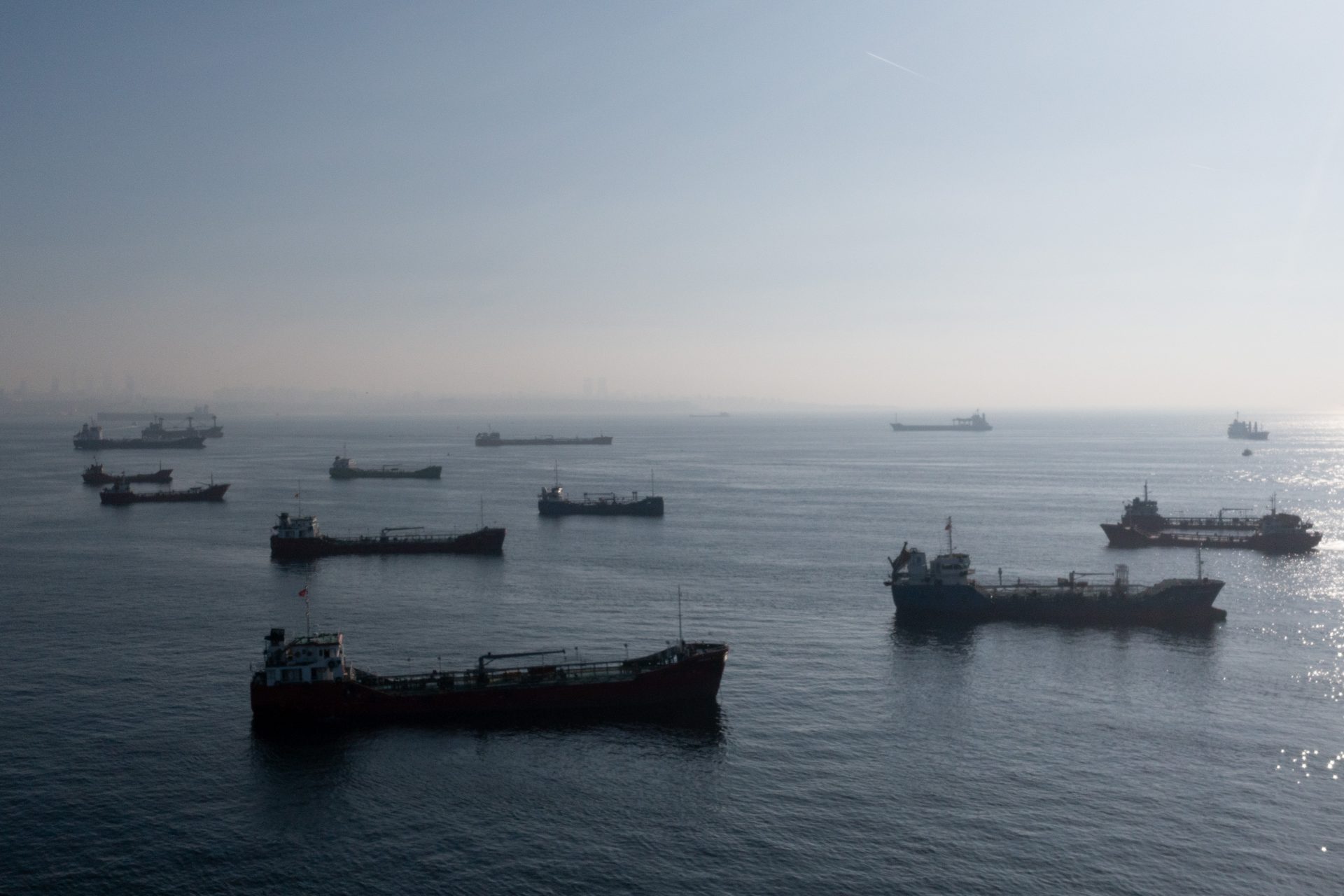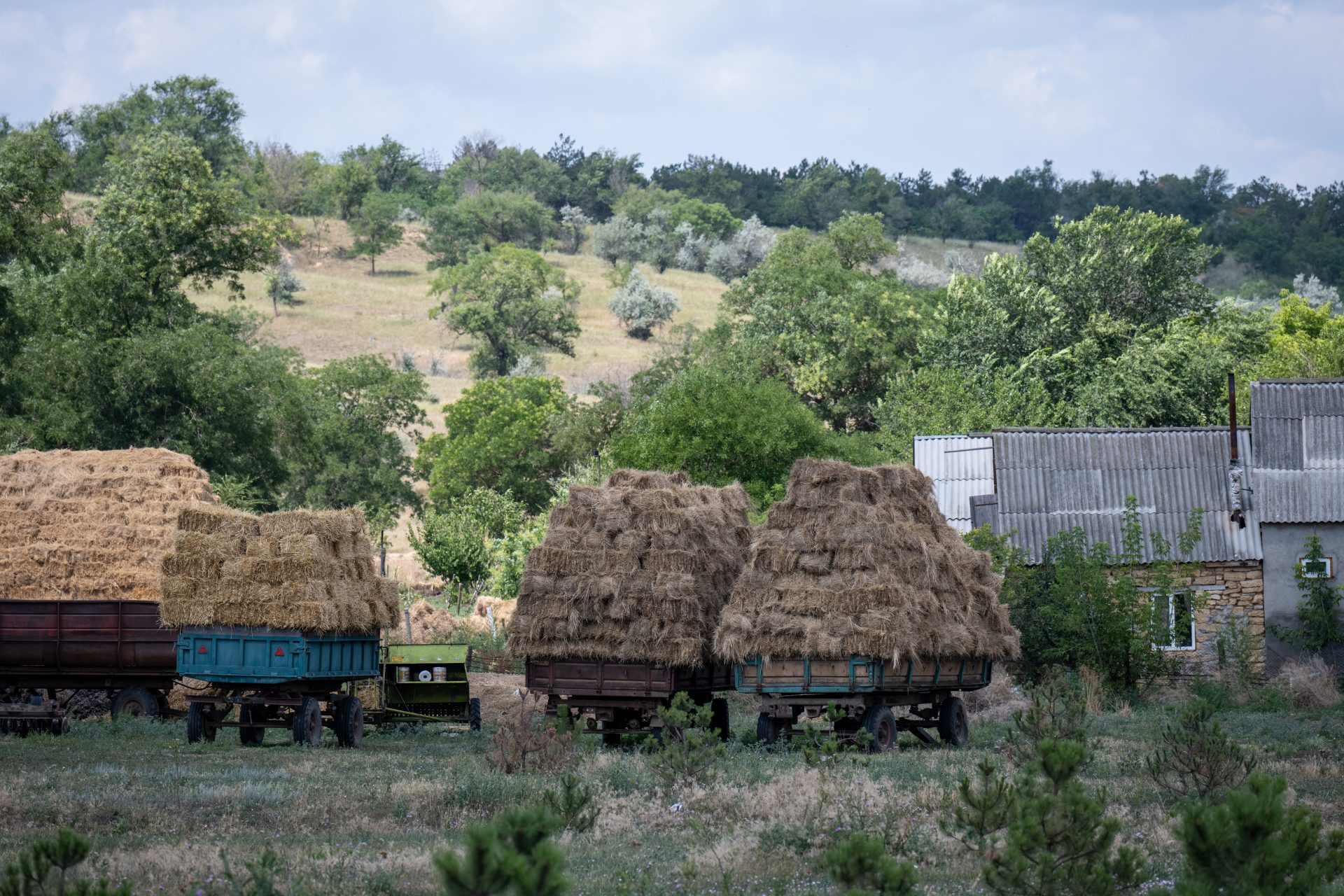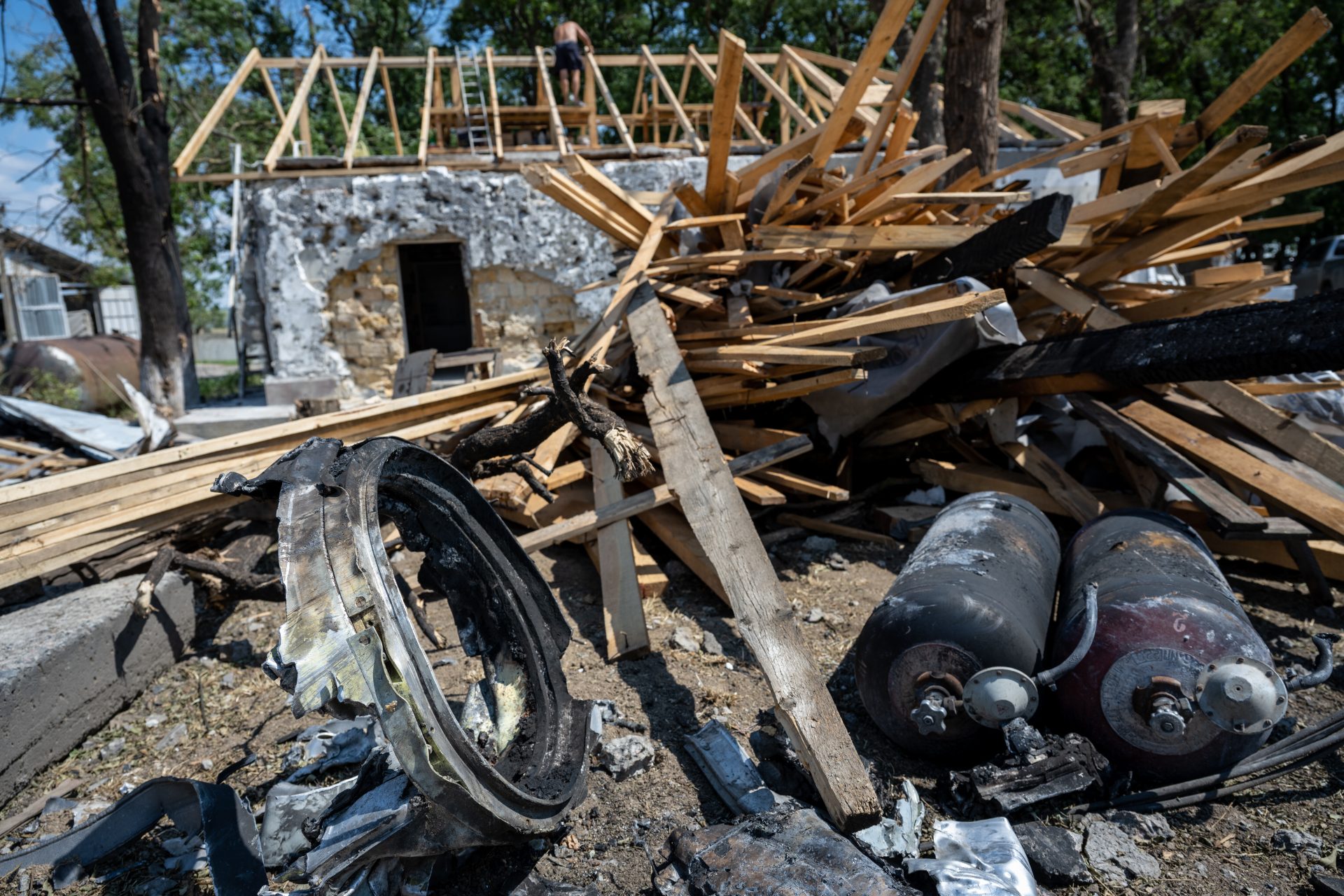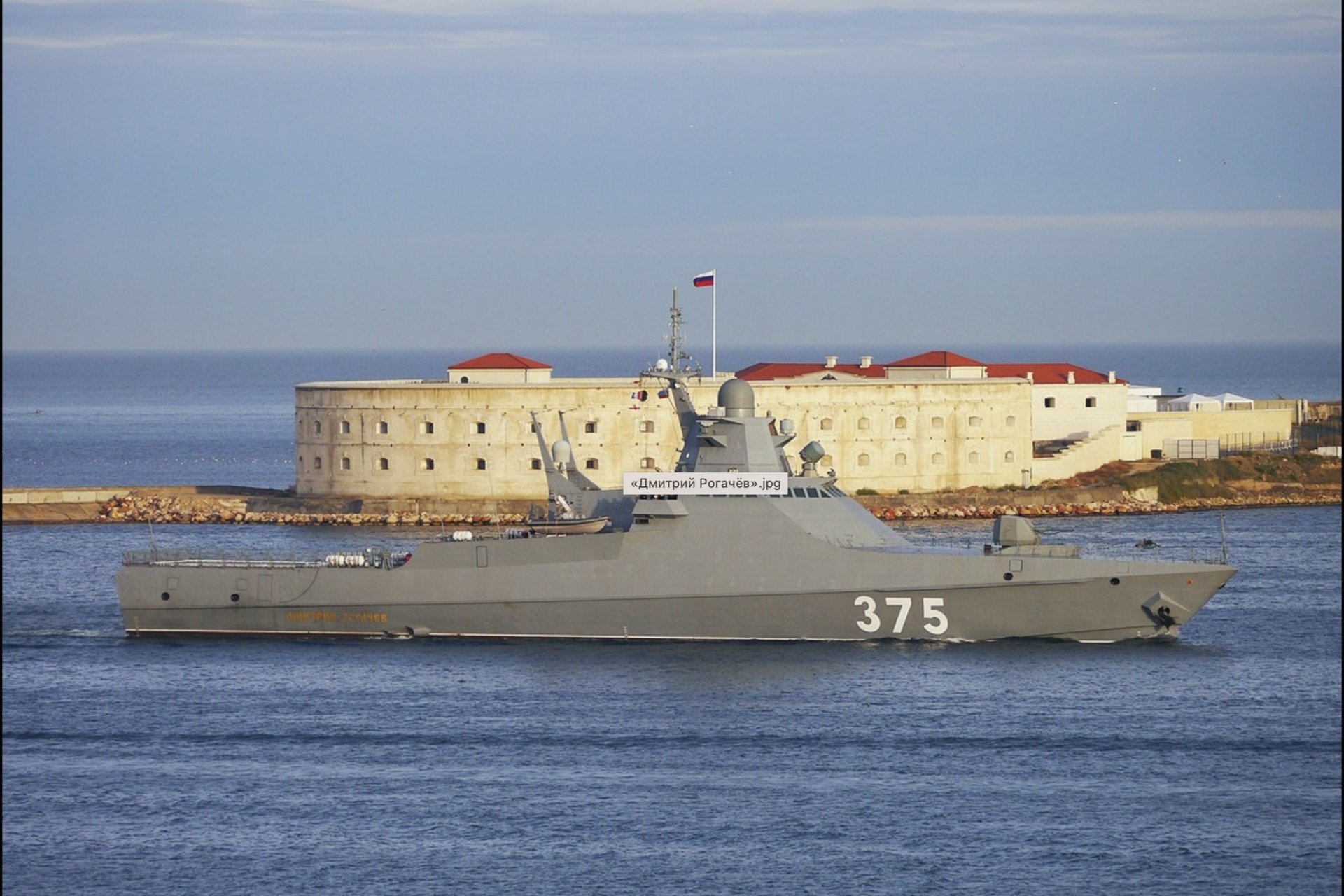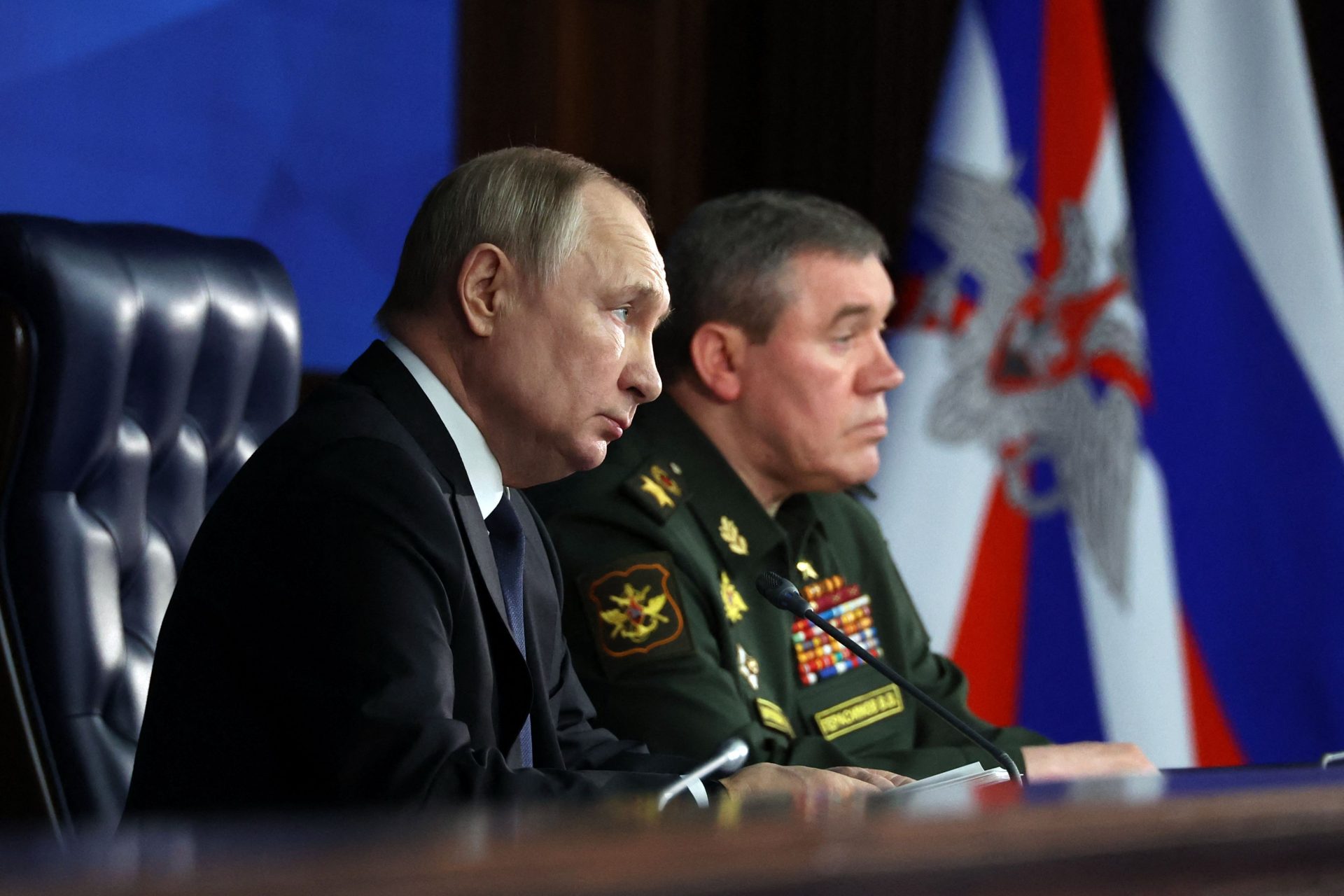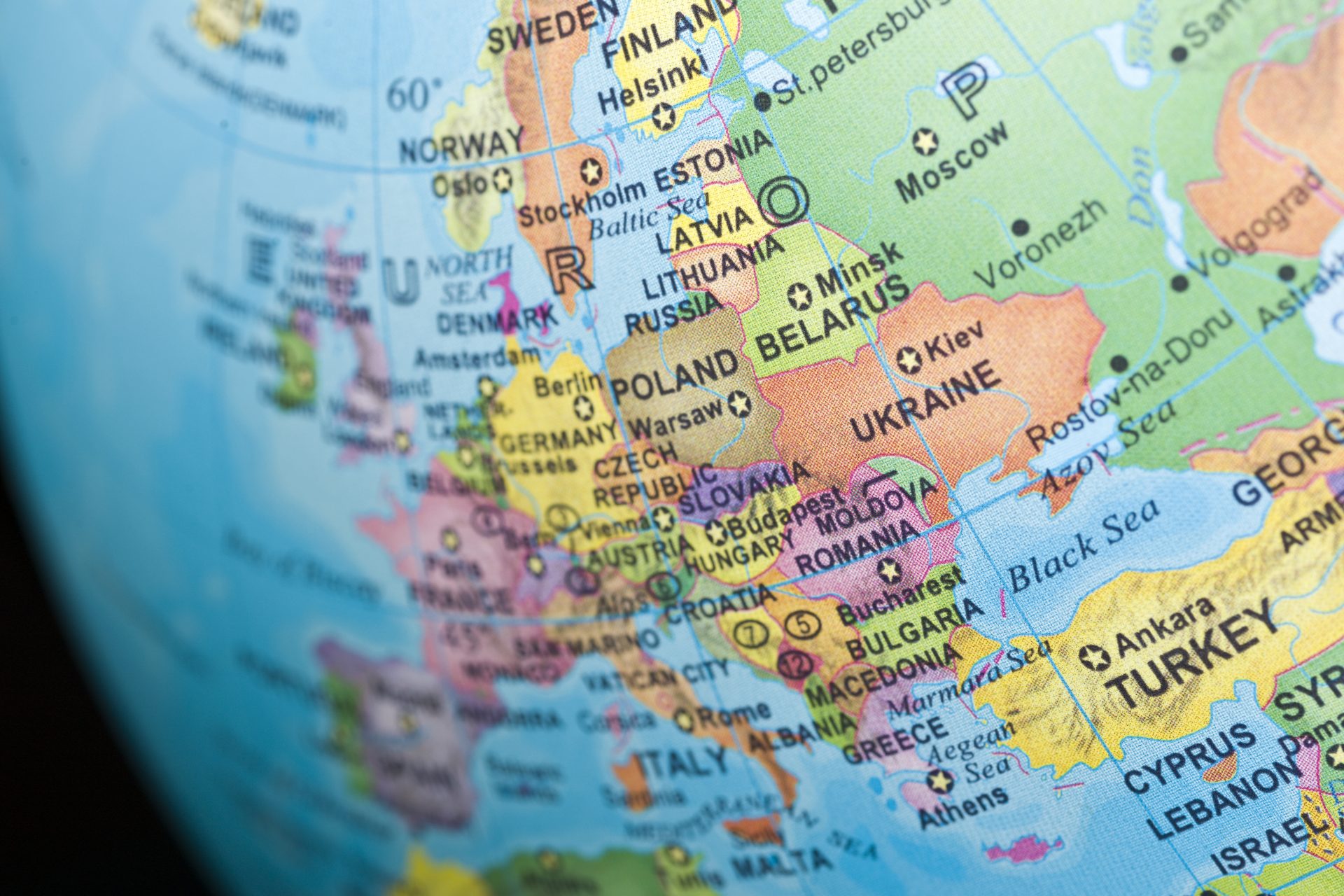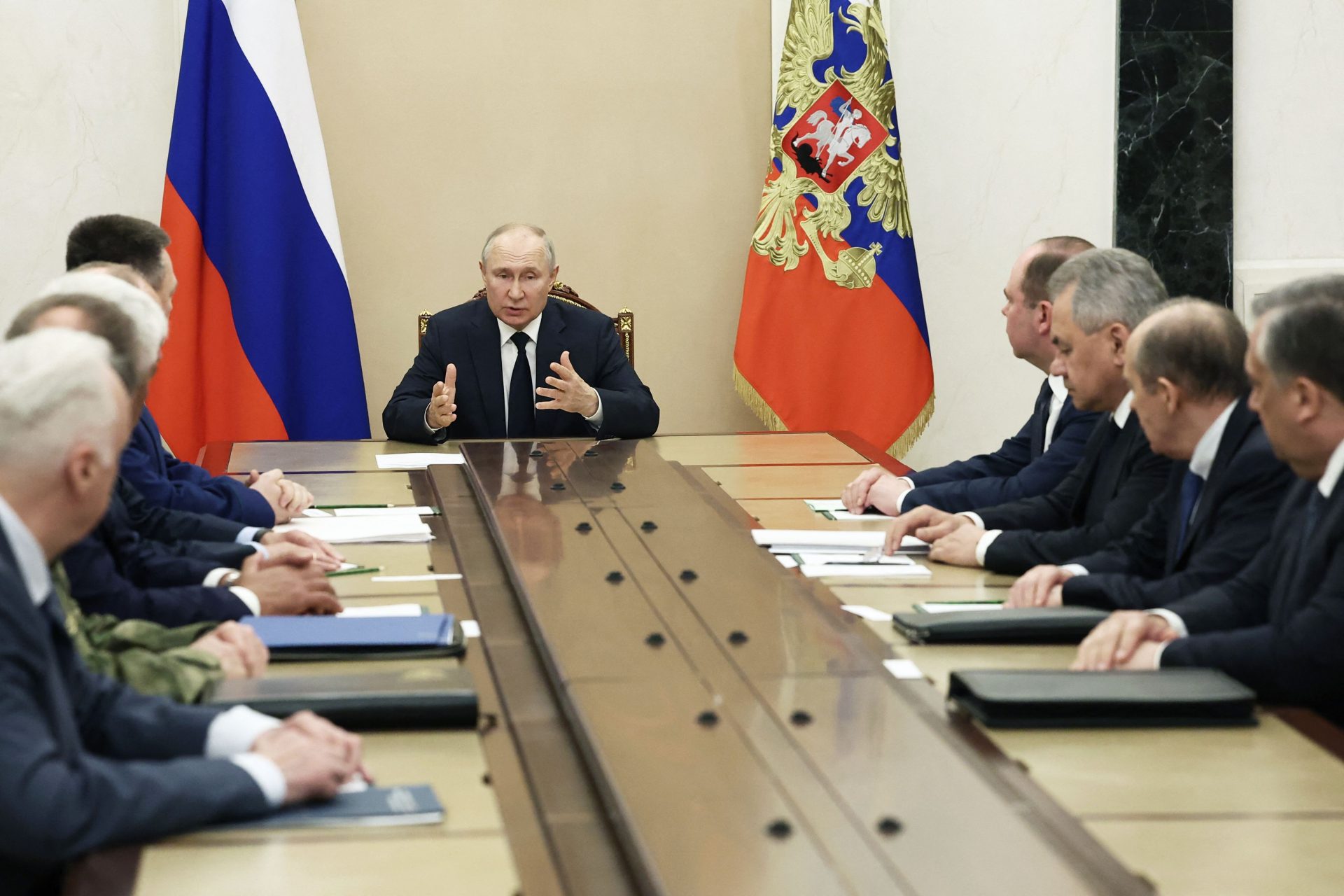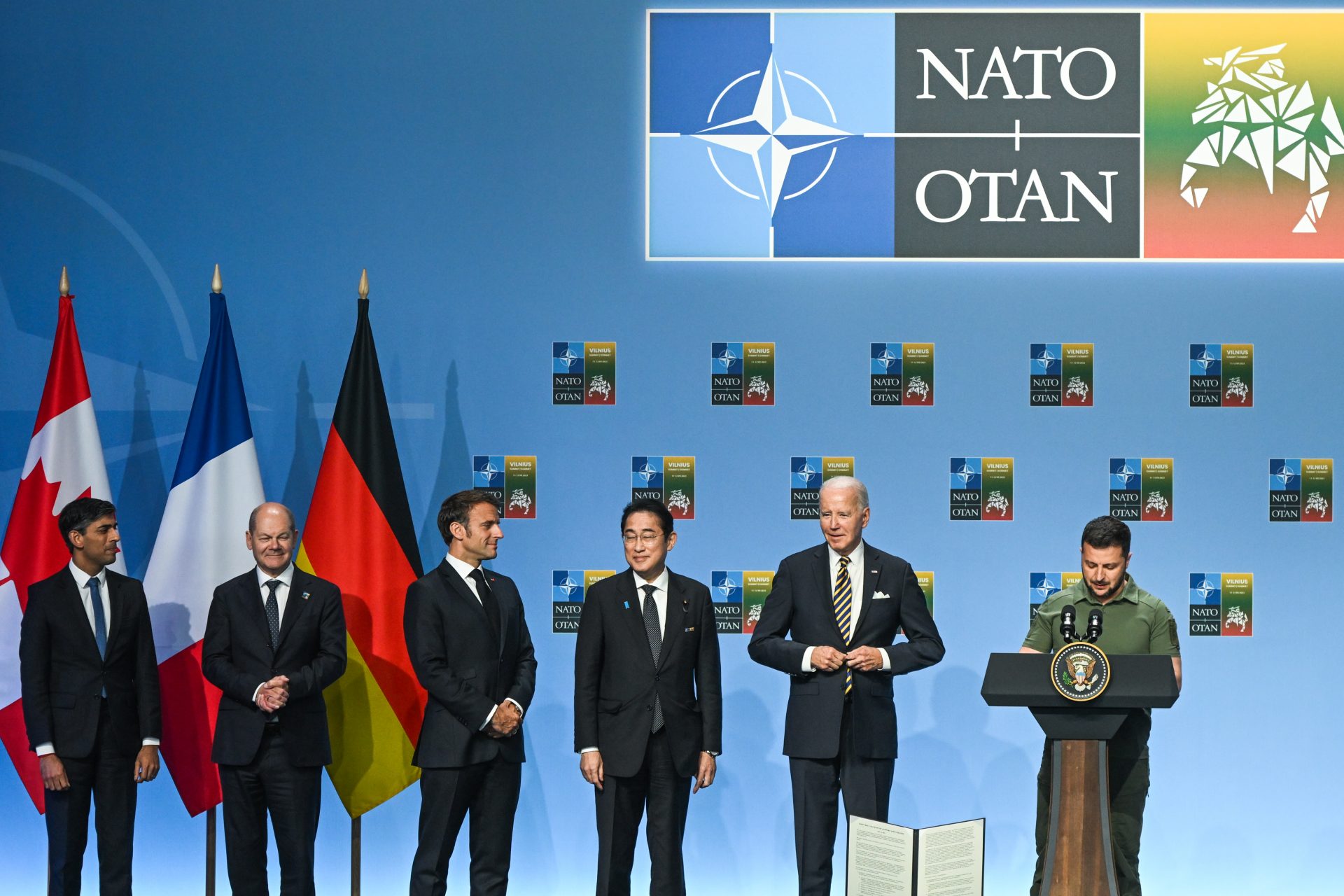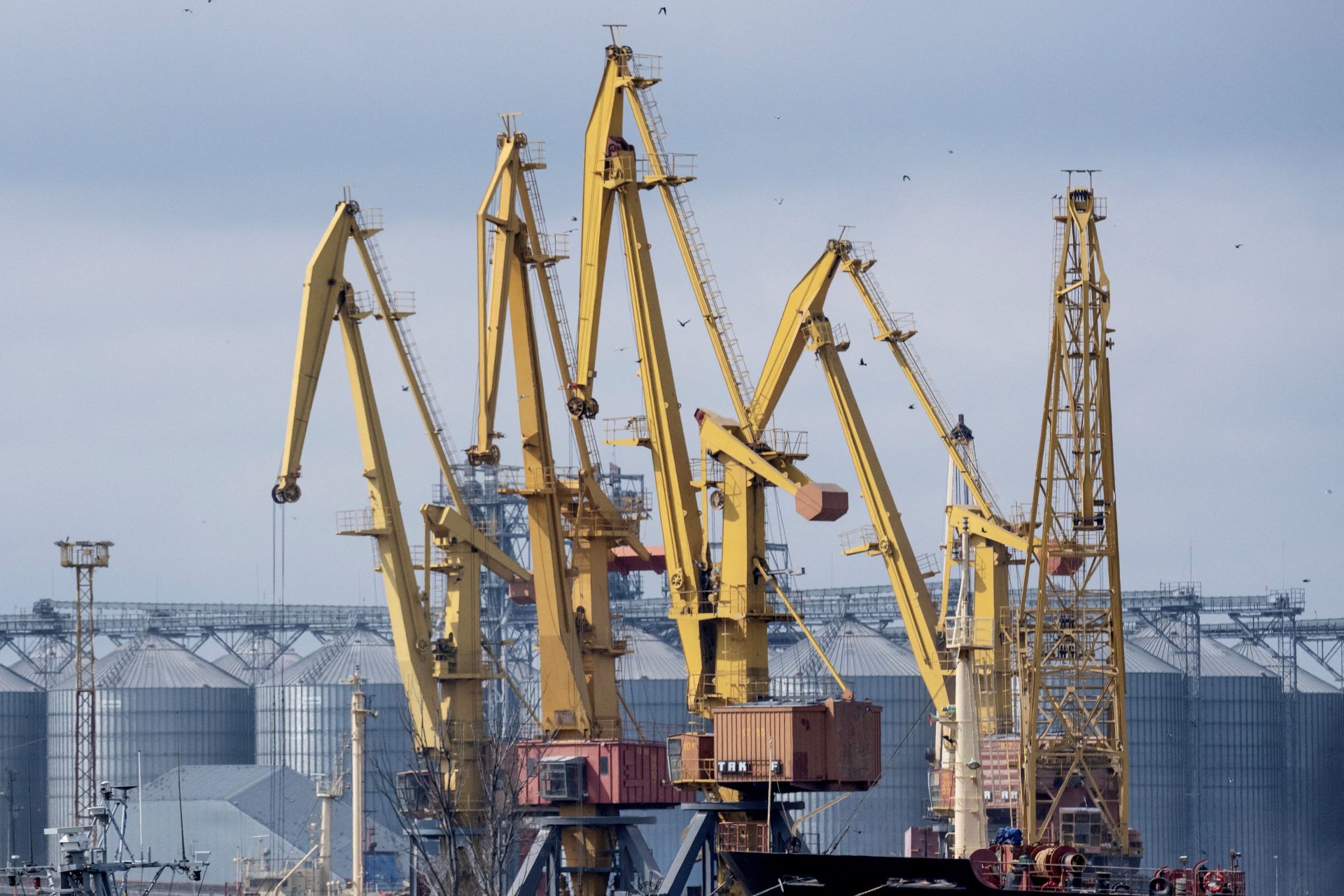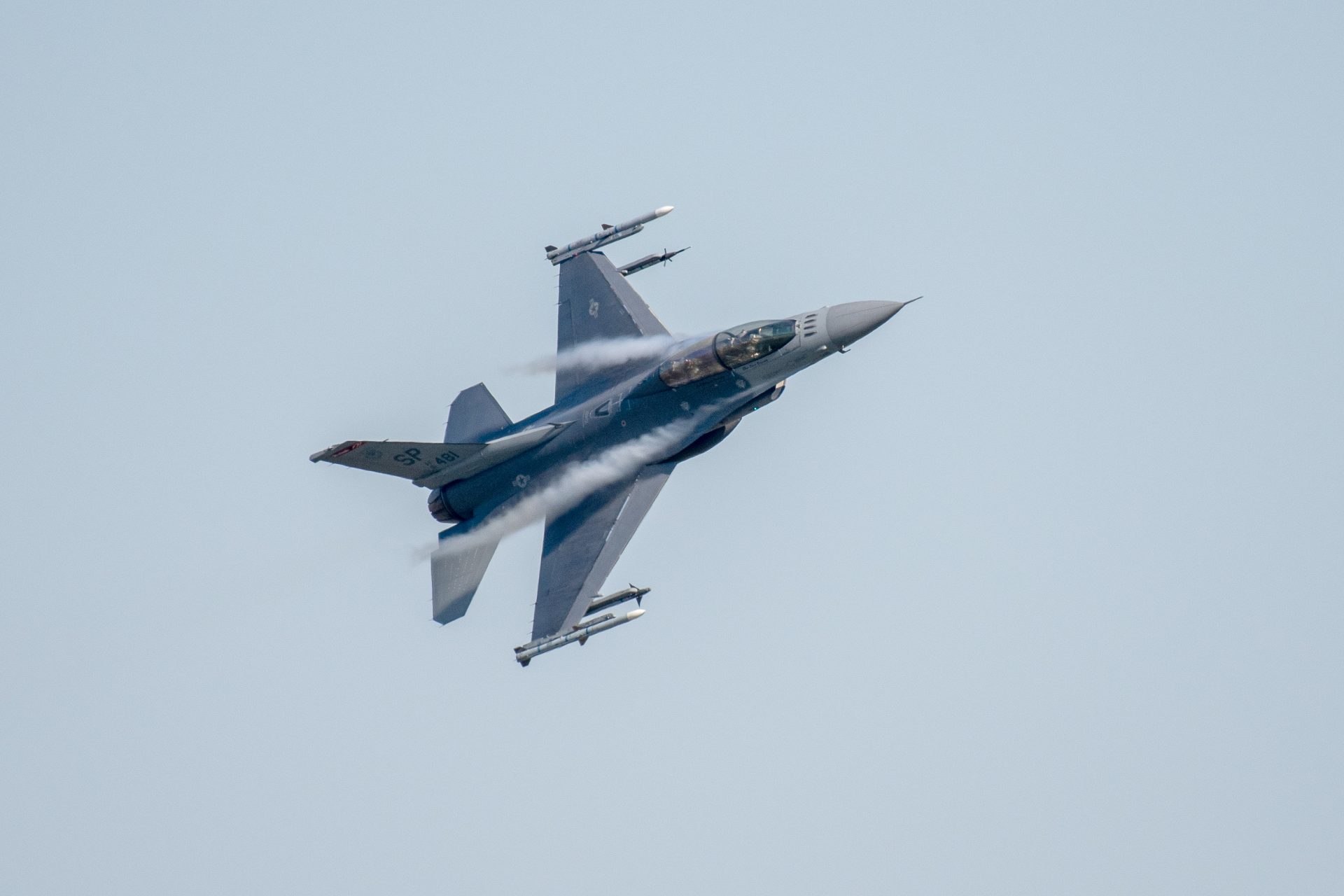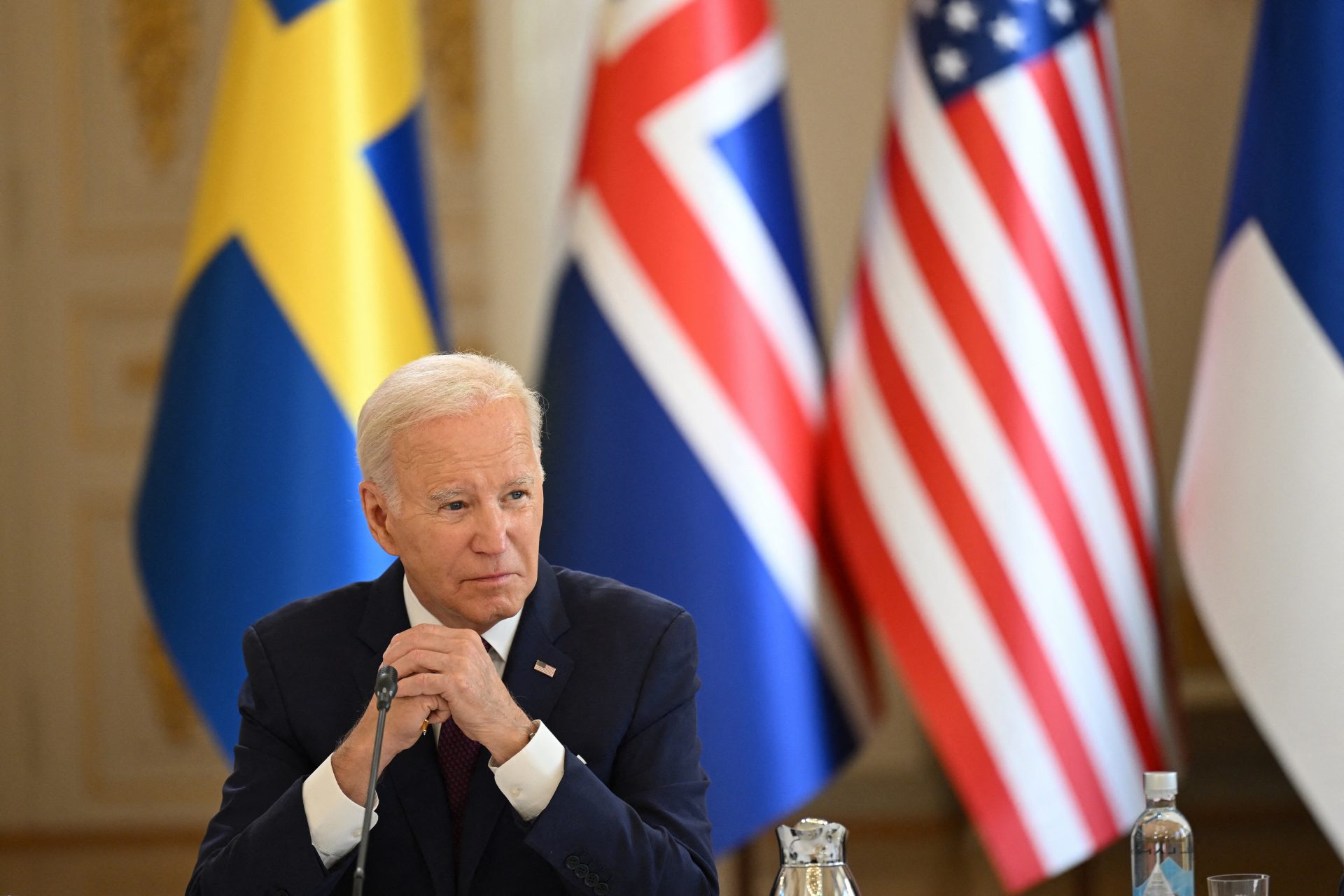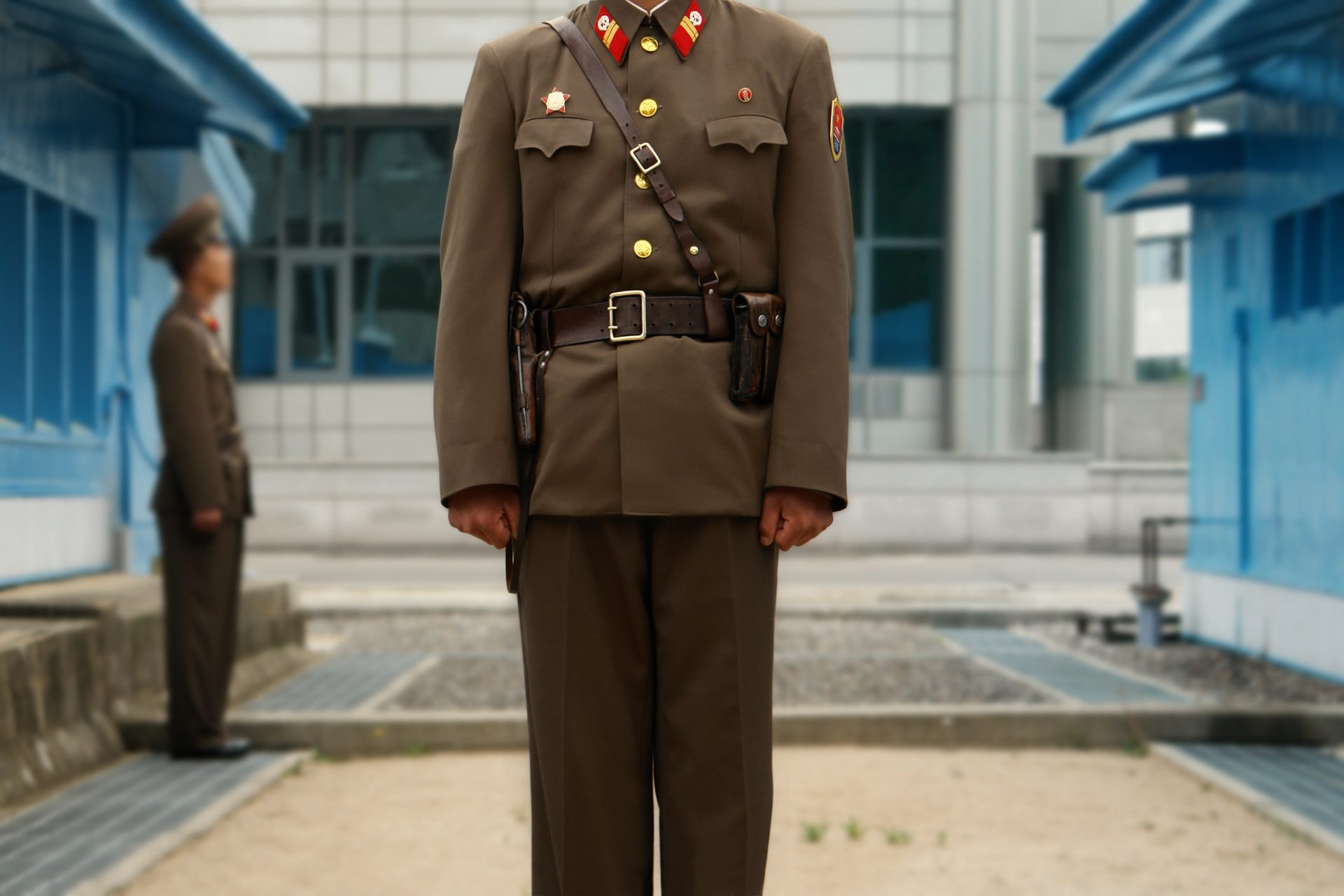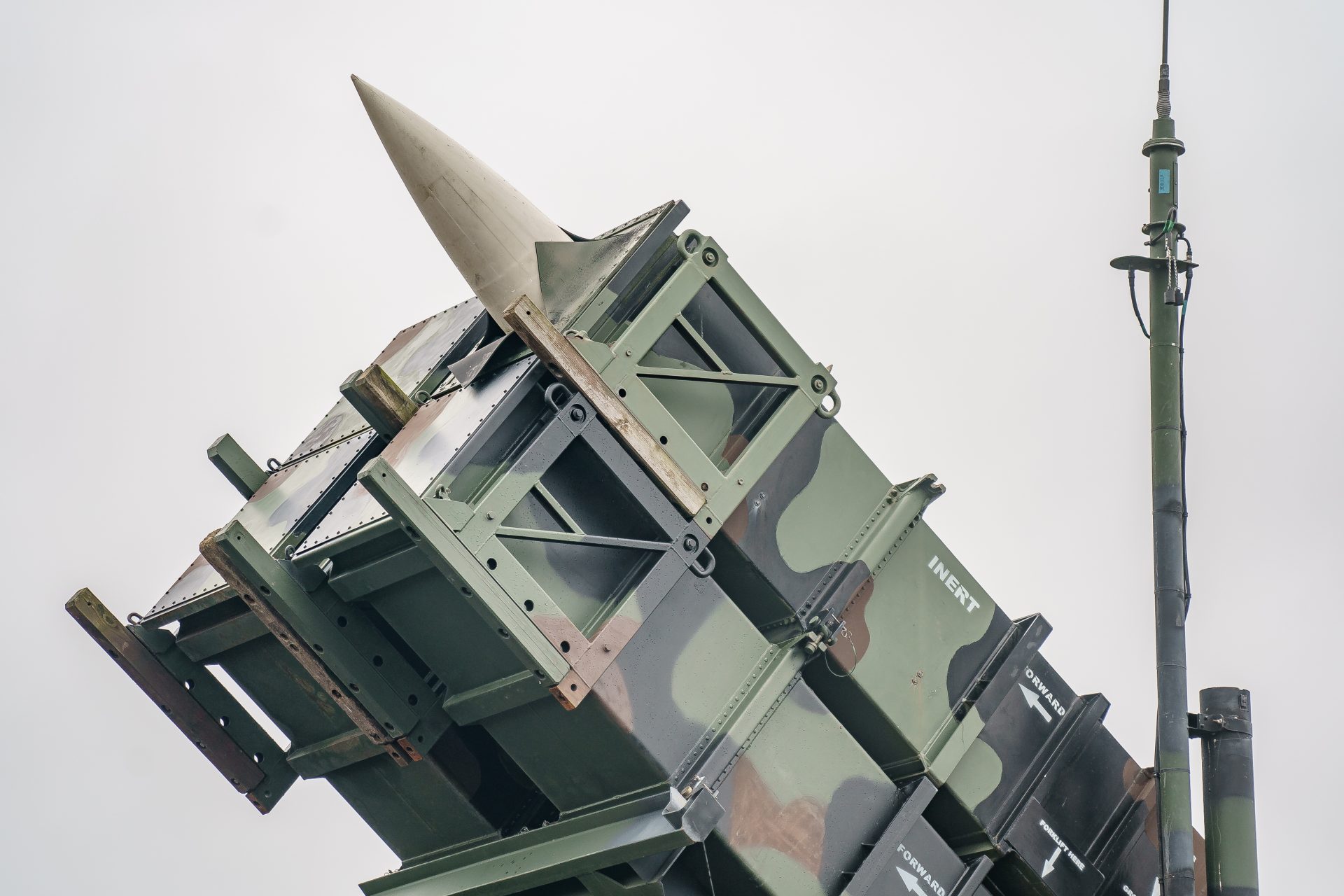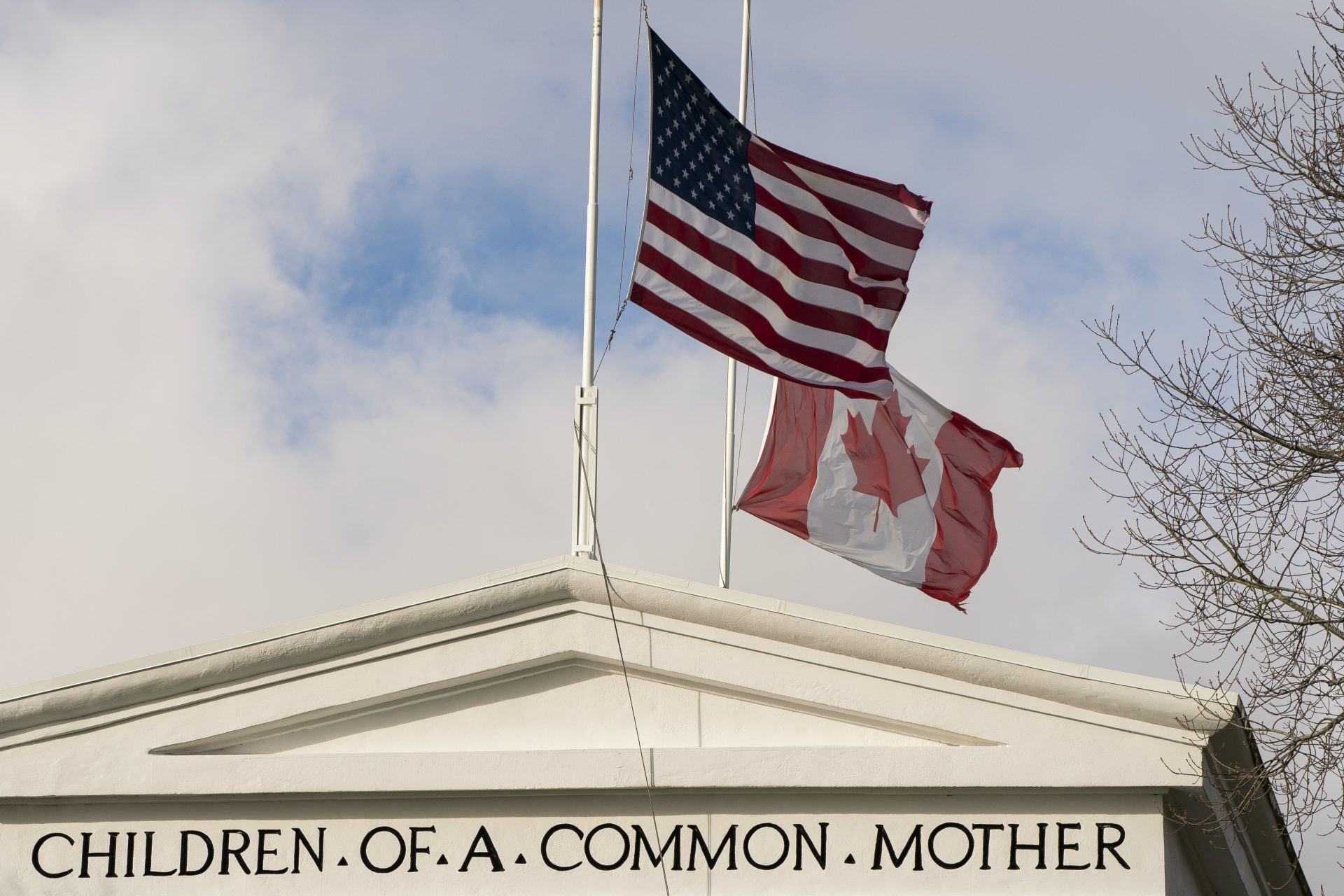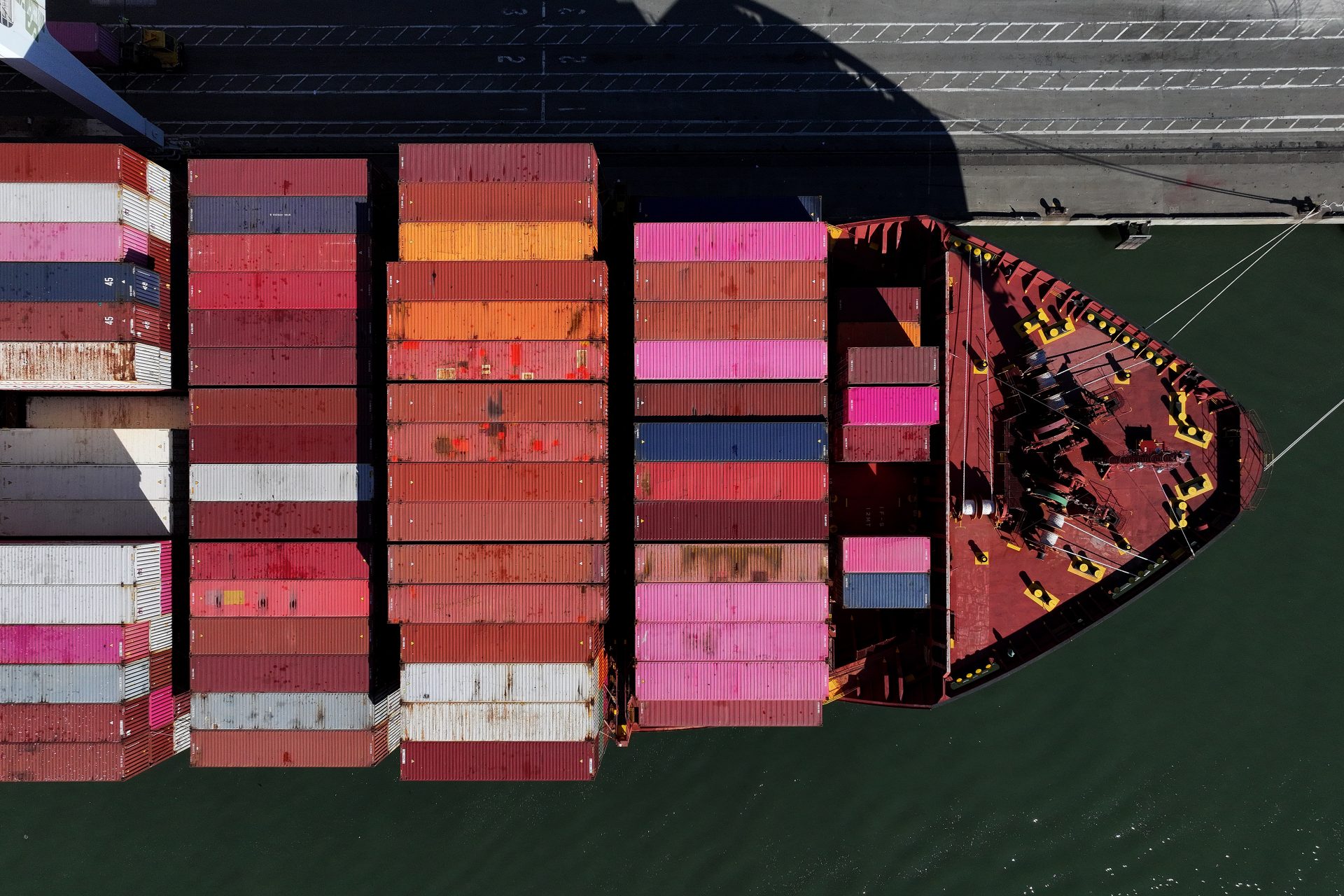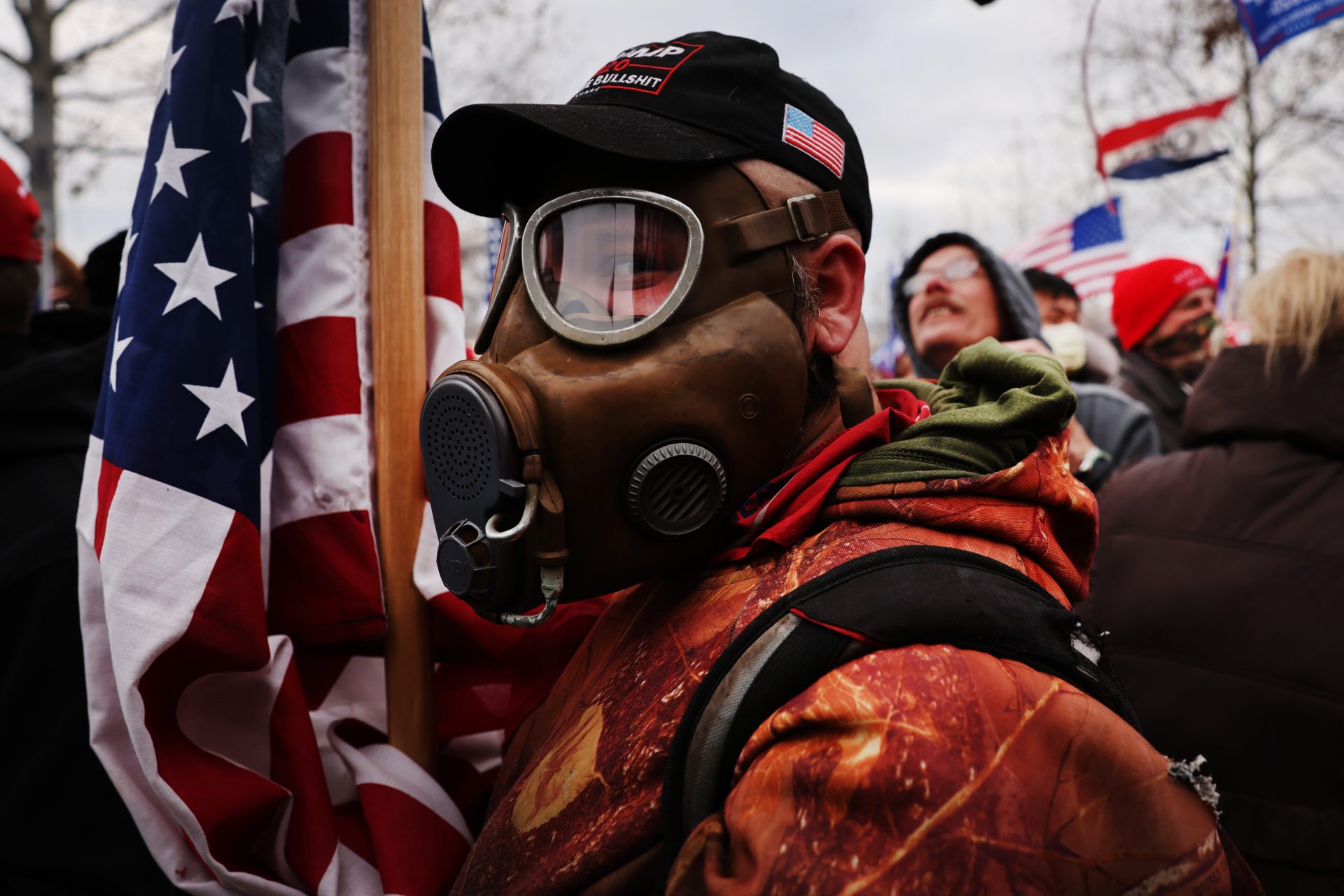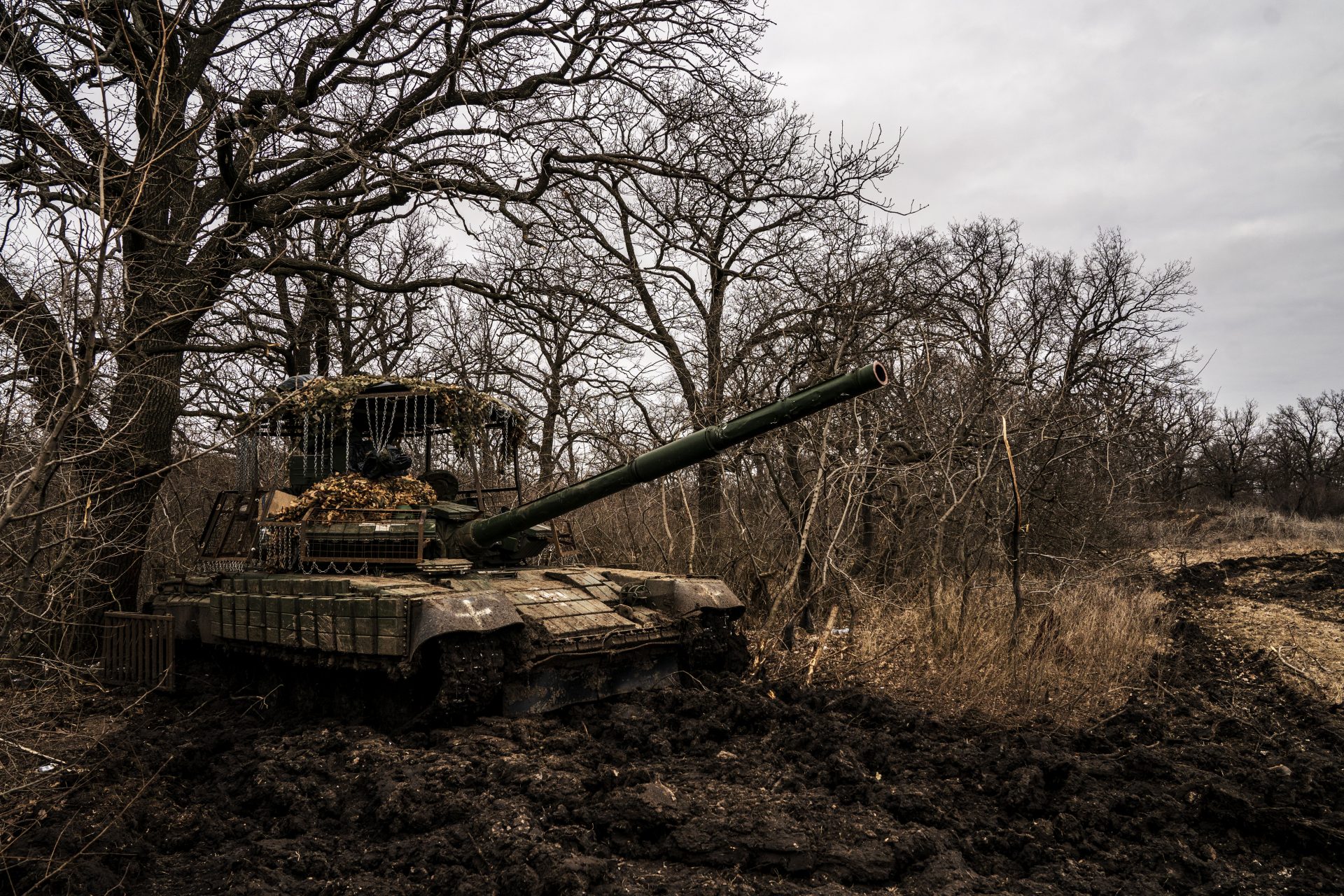Russia is moving to blockade Ukraine in the Black Sea says UK Intelligence
The Russian Navy has altered its activity in the Black Sea and it appears as if Moscow could be preparing to use its sea power to blockade Ukraine after pulling out of the Black Sea Grain Initiative according to analysis from the British Ministry of Defense.
On July 26, Britain's Defense Ministry posted a recent update on the war in Ukraine and it was a worrying message about developments happening in the Black Sea, particularly that Russia is planning to blockade Ukraine and violence in the region could rise.
“Russia’s Black Sea Fleet has altered its posture since Russia pulled out of the Black Sea Grain Initiative (BSGI), in preparedness to enforce a blockade on Ukraine,” wrote the British Ministry of Defence.
The update revealed that the Russian corvette Sergey Kotov had been deployed to the southern Black Sea and was patrolling the shipping lanes that run from the Bosherous to the Odesa, a worrying sign that could indicate the war will break on the seas again.
“There is a realistic possibility that [the Sergey Kotov] will form part of a task group to intercept commercial vessels Russia believes are heading to Ukraine,” the update added.
The British Defence Ministry update went on to note that the Black Sea Grain Initiative played a moderating role in the area—essentially saying that the grain deal halted the expansion of hostilities in the Black Sea while it was in place.
Forbes journalist David Axe echoed this sentiment in a recent article detailing what’s happening on the Black Sea, noting that the grain deal really was all that kept the war from escalating on the inland sea.
“For 11 months, a fragile truce allowed Ukraine to ship 32 million tons of grain from Odesa and smaller ports out of the Black Sea to global markets,” Axe wrote. “This despite the Russian navy controlling much of the Black Sea.”
Axed pointed out that the Sergey Kotov isn’t a large ship but it is loaded with the type of weapons that would make it a formidable foe in a fight with an unarmed cargo ship. The ship has an 80-man crew, a 76-millimeter gun, and Kalibur land-attack cruise missiles.
Photo Credit: Wiki Commons
Now that the grain deal has ended, Britain’s Ministry of Defence believes there is a new potential for violence on the Black Sea to rise in both scope and intensity, a situation that would be quite worrying since it isn’t just Russian and Ukrainian ships in the area.
The Black Sea is a large inland sea bordered by a number of countries, which includes Turkey, Bulgaria, Romania, Georgia, Ukraine, and Russia according to Wikipedia—and the violence has already begun according to the Russian Ministry of Defense.
On July 25th, the Russian Defense Ministry claimed that Sergey Kotov was attacked by Ukraine in a naval drone strike that saw two seaborne drones assault the patrol ship, an attack that was allegedly repelled with no injuries according to the reports.
“Last night, the Ukrainian military made an unsuccessful attempt by two fast-speed seaborne drones to attack the Black Sea Fleet’s patrol ship Sergey Kotov fulfilling the objectives of patrolling shipping lanes,” the ministry statement read.
Both of the drones were destroyed by the Sergey Kotov and the ship continued on its assigned mission. But Russia could soon run into bigger problems now that NATO has decided to step up its security in the Black Sea.
The announcement came after a meeting of the newly-formed NATO-Ukraine Council in which the alliance condemned Russia’s exit from the Black Sea Grain Initiative and said it would enhance its security on the Black Sea in response to Moscow’s provocations.
“Allies and Ukraine strongly condemned Russia’s decision to withdraw from the Black Sea grain deal and its deliberate attempts to stop Ukraine’s agricultural exports on which hundreds of millions of people worldwide depend,” a NATO statement read.
The statement noted surveillance and reconnaissance in the area would be stepped up, which would include maritime patrol aircraft and drones.
“Allies noted that Russia’s new warning area in the Black Sea, within Bulgaria’s exclusive economic zone, has created new risks for miscalculation and escalation, as well as serious impediments to freedom of navigation,” the statement continued. What these new risks are is yet to be seen, but they likely aren't good.
More for you
Top Stories



